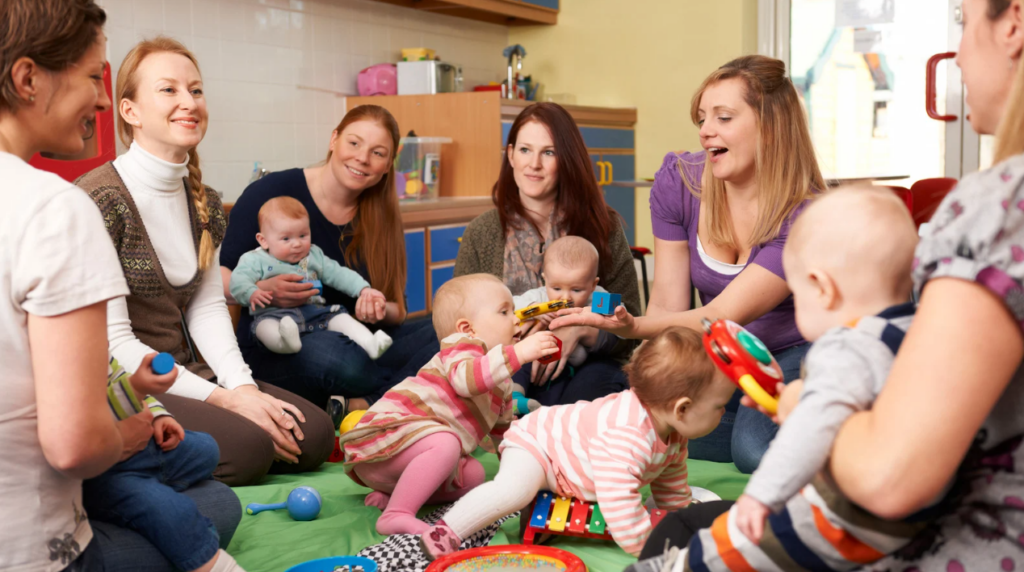BLOG
Welcome to the Golden Care Therapy Blog—your go-to source for evidence-based insights and practical tips on autism and ABA therapy. Explore the latest research, hands-on strategies, and expert guidance designed to help your child thrive at home, in school, and beyond.

Autistic children often encounter unique challenges when it comes to organizing their belongings. Implementing calming techniques can help reduce stress and create a more structured environment, making it easier for them to manage their space effectively. These difficulties can stem from various factors inherent to autism spectrum disorder, including: Struggles with planning, prioritizing, and completing […]

Meal planning can be a complex task for anyone, but for autistic individuals, it often requires extra consideration. Sensory sensitivities, strong food preferences, executive functioning challenges, and dietary restrictions can all make planning meals overwhelming. However, with the right tools, meal planning can become more manageable and even enjoyable. From digital aids to practical kitchen […]

Physical activity plays a crucial role in overall health and well-being, but for individuals with autism, it can offer even more significant benefits. Engaging in movement-based activities can support physical health, emotional regulation, social skills, and cognitive function. However, participation in exercise and sports is often more complex for autistic individuals due to sensory sensitivities, […]

Sensory overload can be overwhelming and exhausting, making it difficult to focus, communicate, or even function in everyday life. When too much sensory input floods the brain, it can trigger anxiety, stress, meltdowns, or even physical discomfort. Whether it’s bright lights, loud noises, strong smells, or too many people talking at once, managing sensory overload […]

Language development in individuals with autism often differs from typical development, presenting unique challenges for both communication and social interaction. ABA therapy can play a crucial role in addressing these challenges by using evidence-based techniques to enhance language and communication skills. These language problems can manifest in various ways, such as speech delays, difficulties with […]

For adults with autism, setting and respecting boundaries can be a significant challenge. ABA therapy can offer valuable strategies to support this process. Boundaries play an essential role in maintaining personal space, relationships, and emotional well-being. That said, let’s delve into the importance of boundaries for adults with autism, the challenges they face in establishing […]

Interactive books have become a valuable tool for teaching children with autism. These books offer an engaging way to enhance learning, communication, and motor skills. By combining visual, auditory, and tactile elements, interactive books can help children connect with the world around them in ways that are both fun and educational. For children with autism, […]

Prompting is a widely used technique in teaching individuals with autism new skills and behaviors. It’s an essential part of Applied Behavior Analysis (ABA) therapy, which is often used to support people with autism in learning new tasks and navigating everyday situations. Through prompting, individuals are guided through the learning process by providing clear cues […]

Permanent product recording is a method used in Applied Behavior Analysis (ABA) therapy to measure the outcomes of specific behaviors or interventions based on the lasting physical results they produce. This technique is particularly valuable because it helps clinicians assess whether a target behavior has been successfully completed without the need for continuous, direct observation. […]

Parenting a child with autism presents unique challenges, and it’s essential to have a reliable support network. Parents may feel isolated, overwhelmed, or unsure of how to provide the best care for their child. Support for parents with autistic children offers a space for understanding, guidance, and community. Being part of a support group helps […]


